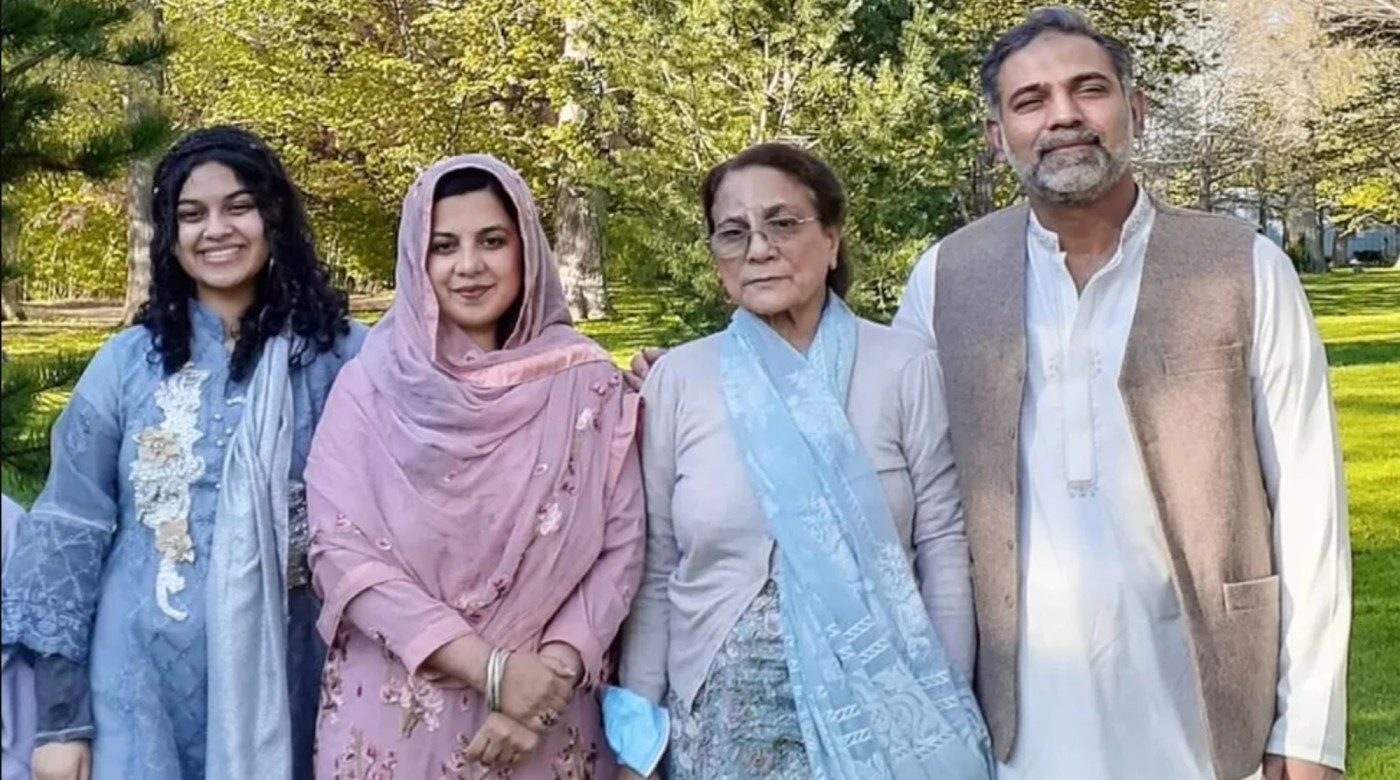Sami al-Hajj
By Shabina Chatriwala, MMNS
To Sami Al-Hajj, life has become like a dream. Less than a month ago, the 39-year-old Sudanese journalist struggled to survive the isolation, despair and pain that defined his life in Guantanamo Bay. But on May 1, after what Hajj called six years and seven months of “physical and psychological torture,” the U.S. released him and two other Sudanese men without charge.
Hajj was captured in 2001 while traveling to Afghanistan from Pakistan as a cameraman for international television network Al Jazeera. Pakistani police turned him over to the U.S., and he was sent to the prison in 2002.
 Though Hajj, who had been on a hunger strike for 16 months before his release, is in poor health, he looked dapper on Saturday, arriving in Doha, Qatar in a smart khaki suit and striped tie. But the outfit couldn’t hide his limp, or the cane he leaned on as he walked into a private airport lounge full of media and well-wishers.
Though Hajj, who had been on a hunger strike for 16 months before his release, is in poor health, he looked dapper on Saturday, arriving in Doha, Qatar in a smart khaki suit and striped tie. But the outfit couldn’t hide his limp, or the cane he leaned on as he walked into a private airport lounge full of media and well-wishers.
One of Guantanamo’s most high-profile detainees, Hajj received a celebrity’s reception in Doha, greeting crowds of supporters at two events. During a public function in a park, about 200 people of diverse races and ages gathered to sing, dance and cheer Hajj’s homecoming.
Faisal Mohamed, a 35-year-old Sudanese man who has lived in Doha for 10 years, attended the celebrations, listening to speeches as confetti rained down and several white doves flew into the sky.
“I really feel proud,” Mohamed said. “Freedom nowadays is not an easy thing to get, for Sami Al-Hajj especially, after all these years.”
“Also, Al Jazeera is the right place, the right corporation in the Arab world now for freedom and freedom of speech.”
During his detainment, Hajj said the U.S. offered to release him in exchange for spying on his employer. “I said to them, ‘oh God, prison is a better place for me.’ “
Though Hajj was never charged, U.S. officials alleged that he worked for a Qatar-based beverage company in the 1990s that provided support to Muslim fighters in Bosnia and Chechnya.
Other claims against him include funneling money to a charity that funded armed groups; and meeting with a senior lieutenant to Osama bin Laden. His lawyers deny all allegations.
Hajj will continue working for Al Jazeera, though likely not in his previous role as a cameraman. Wadah Khanfar, the network’s director general, said they are currently discussing what position Hajj will assume.
Though he is still busy enjoying the taste of fresh air, Hajj said he is considering recourse against the U.S. government for his detainment. “I’m talking to my lawyers…maybe in the future,” he said.
Almost 270 detainees remain in Guantanamo Bay, 70 of whom have been cleared for release but whose countries will not accept them, said Haytham Manna, a spokesman for the Arab Commission for Human Rights.
He added that so far, Lithuania, Greece and Albania have agreed to take in the detainees, but the group is still searching for more countries who will welcome the men.
During a reception with his colleagues and their families, Hajj called for the closing of Guantanamo, “an inhuman place” where Islam and the Qur’an were regularly disrespected.
“I come out of Guantanamo feelings stronger and more attached to my principles and religion,” he said.
After his speech, 345 white helium-filled balloons were released into the air, signifying Hajj’s identification at Guantanamo as Prisoner 345.
Asma Ismailov, Hajj’s wife, asked about whether the family will move to Doha:
“I’m in the moment of his liberation right now. I cannot see more than that.”
Haytham Manna, spokesman for Arab Commission for Human Rights
“I hope really that this is the last year of this prison,” he said.
268 detainees remain, about 100 from Yemen, 21 from Algeria, 9 from Syria. Also others from Kuwait, Saudi Arabia. About 70 of them are not allowed back to their countries (those from Algeria, China, Azerbijan).
10-24













2008
1,197 views
views
0
comments